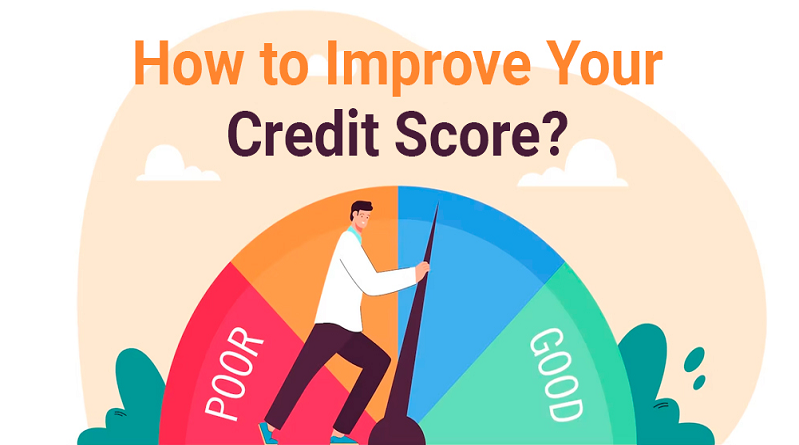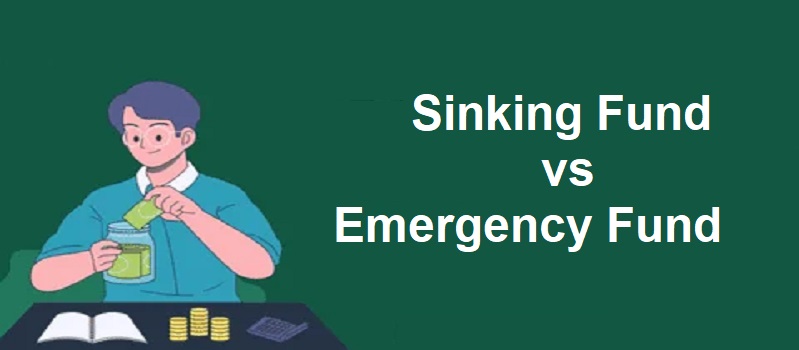Your credit score reveals how better you manage your finances and debts. You can qualify for lower interest rates if you have a good credit score. Furthermore, you can achieve life goals like buying a home or car or getting debt-free by consolidating debts at the lowest costs.
If you are looking for tips to improve your credit score, you can do many things, from registering for the vote to consolidating debts. It increases your chances of being accepted for credit at low-interest rates.
Here is what the blog discusses in detail:
- What does a credit score imply?
- How do credit agencies calculate a credit score?
- What are some reasons for low credit scores?
- Best ways to increase your credit score fast?
What does a credit score imply?
UK credit reference agencies collect information about your finances from lenders, public records, and other agencies. They provide a number after analysing it. This is the credit score.
This number indicates how much potential you have to pay the loan back.
A higher credit score implies you can make timely payments and thus may qualify for low-interest rates and costs. Each credit reference agency has its parameters to calculate the credit score. It implies your credit score may differ every time you evaluate. Your potential to qualify also differs per different lender evaluations of your past credit management.
For example: If your credit score is between 881-960, it is a good score. It implies you can borrow, get credit cards or apply for a mortgage at affordable rates than you can with a credit score below 721, which comes under a bad credit score.
How do credit agencies calculate a credit score calculated?
Credit agencies use a point system to calculate credit scores. It reveals how well you can manage your debts, expenses, bills, and emergency expenses with the available income.
For example, making your credit card bill payments on time will improve your credit score. Alternatively, if your credit report, a booklet that covers all your expenses and debt repayments, reveals too many pending debts, missed payments, pending credit card bills, or defaults, it impacts your credit score negatively.
You should understand these terms and their impact on your credit score. It will help you analyse the right loans and explore the best ones for your needs.
A lender provides a loan by considering the below parameters. Based on these, you may get a lower-cost loan.
|
Terms |
Definition |
|
Amounts owed |
It is a sum of a total, bills, pending debt, or ongoing debt payments on your credit report
|
|
Credit Mix |
It reveals the type of debts you have in your credit report. For example, – credit card debts, student loan debt, payday loans, etc.
|
|
Payment history |
It reveals the history of paying debts and bills
|
|
Length of Credit History |
A comprehensive credit history reveals responsible loan payments. If you have been taking and paying loans timely for a long time, you may get better rates.
|
|
New credit |
It is a collection of recent loans that you applied for
|
Fact: Late payments impact credit score after 30 days of non-payment. You will be charged a late payment fee.
Apart from these parameters, your income/revenue earnings also play an important part in deciding loan affordability. You have better chances to qualify for low interest and terms with a handsome income. You may get an affordable loan by providing income proof of employment. Having long employment history also helps you get better rates.
The credit score is calculated monthly. The creditors update the credit score by analysing your monthly financial performance. Credit score never stays fixed. It changes per your payment behaviour, liabilities, and economic interest rates.
What are some reasons for low credit scores?
There are a few factors that may impact your credit score. Things like delayed payments, no credit history, and frequent applications affect credit history. Here are some factors that affect your credit score:
- Holding joint accounts with someone with poor credit history
- Applying for credit often within the shortest period
- Not having your name on the electoral roll
- You have too many bad credit debts (especially payday loans)
- No credit history or limited credit history
- Frequent withdrawal of cash using credit cards
- Providing inaccurate information
- Do not own a permanent residential address
You have a bad credit score if you have any such issues in your credit profile.
Credit reference agencies also track the amount of credit available to you and the usage. It is known as the credit utilisation ratio.
A credit utilisation ratio of 30% or below indicates good financial management. Closing a credit card or account you do not require may impact the progress.
However, the impact will be short-term.
Best Ways to improve your credit score fast
As per Citizen Advice, the leading organisation for debt management advice –
“The UK households are facing negative budget owing to the rising cost of living. With insufficient income to cover expenses, individuals resort to short-term debts.”
As a result, missing payments on debts led to poor credit scores. There are many things you can do to improve your credit score.
According to Barclays, a prominent bank, “diversifying your credit types, like having a credit mix of credit cards, student loans, and mortgage, can impact your credit score positively.”
Apart from that, there are other ways to improve your credit score:
1) Take out a bad credit loan
Yes, applying for loans for low credit may help your credit score. Around 70% of individuals and businesses do so to improve credit and qualify for better rates later. You can apply for a credit builder loan, home improvement loans, personal loans, or unemployed loans with bad credit scores and make regular payments.
It reveals responsible management of finances and improves your credit score. Identify- interest rates, loan fees, and additional fees like- fees to pay the loan early before applying. It impacts the overall loan costs.
-
Update your information on the electoral roll
The electoral roll is the legal document that reveals you as a permanent and voting citizen of the country. Ensure accurate information from the name to the existing residential address. It helps the lender identify you as a reliable citizen. With this, you may get a loan even with limited credit history.
3) Boost your credit instantly by paying council tax
Payments like Council tax, contributions towards ISA, savings account, and Netflix subscriptions can instantly boost your credit score. Though not every organisation provides this facility, if you want, you can check Experian Boost. There are other ways to boost your credit fast:
- Pay your rental payments timely
- Consolidate debts
- Paying credit card bills
- Removing your name from a joint account with bad credit
- Refinancing your high-interest debt if income improves
4. Check and report delinquencies/errors
Some mistakes on your credit report, like- loans that you paid but still reflect on your credit report, impact your credit score.
Check out issues like- paid debts, a loan mentioned multiple times, paid utility bills, and rent that still reveals in your credit report as unpaid. Report these errors to credit agencies. They will send you an updated and improved credit score report. To avoid issues like these, check your credit report twice a month.
-
Avoid frequent balance transfers
As per Barclays analysis, “transferring your balance to a card with a low-interest rate, maybe a good strategy to improve credit score but doing so frequently may hurt it as well”. Do so if you have a big life goal or avoid it unnecessarily.
A 0% balance transfer card helps save money on the interest rate. You can use the card to pay the loans quickly. It helps reduce the total amount you owe and improves credit.
Parting lines
These tips may help you improve your credit score and fetch better interest rates by eliminating delinquencies.
Besides this, if you need any advice on loan management, repaying early, or maintaining payment with a low income, contact the experts at Onestoploansolution. With years of expertise in helping people provide the best loans for personal finances and detailed guidance and support to manage loans, we have helped individuals get debt free quickly. Contact us for further discussion.

Mark Williams works as one of the Loan Advisors at a direct lender firm, Onestoploansolution. He has been working with the lender for about 15 years. He has been known to facilitate his employer in remarkable ways from writing to consulting and whatnot. He is a professional who wants to explore more of the UK financial market, the loan products and how customer requirement changes with time.






